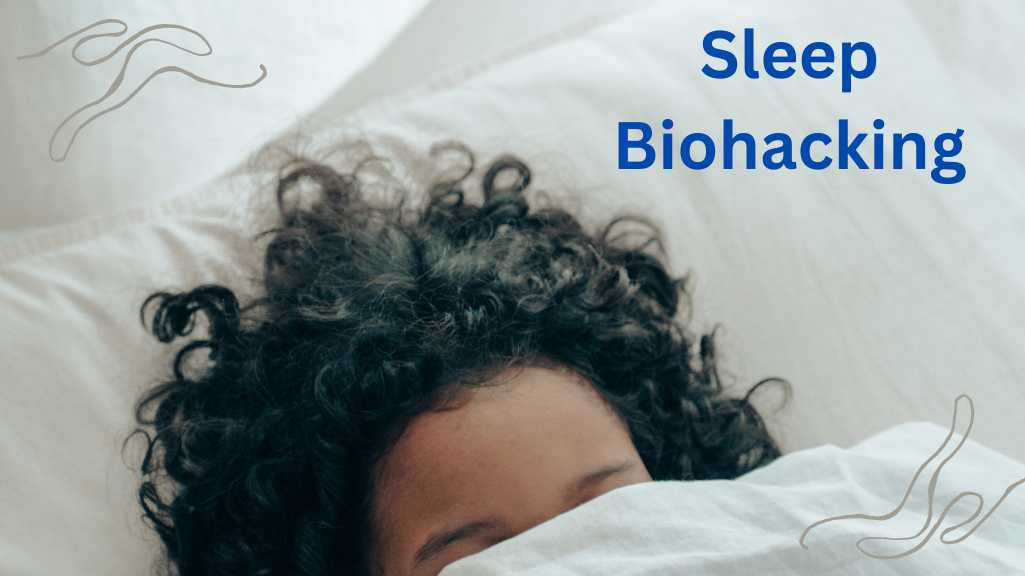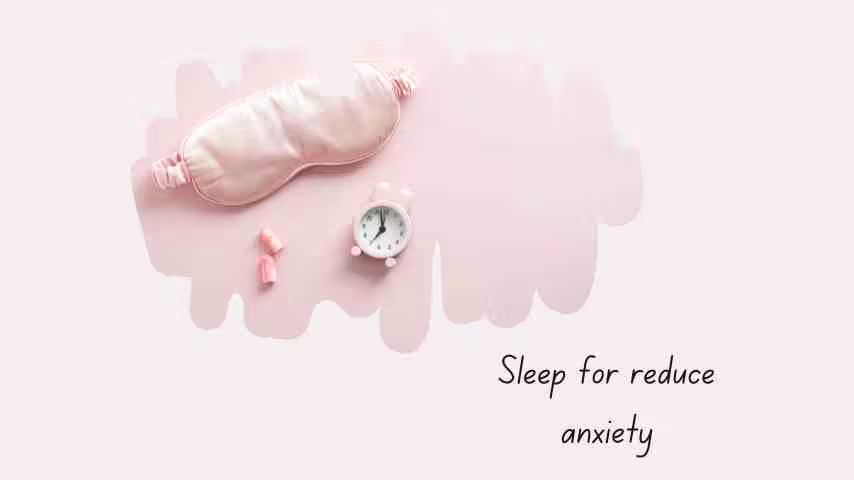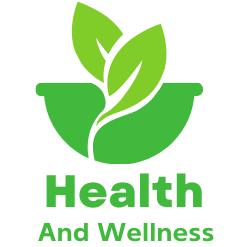Introduction
Since I am a health advocate, I have always had an interest in optimizing different areas of my life. One aspect that has recently fascinated me is sleep biohacking. Yes, sleep is something we all do, but can it be done better? Definitely. Let me take you through my personal experiences and share some tips on how I managed to improve my sleep quality using biohacking techniques.
Table of Contents
The Beginning of My Sleep Biohacking Journey
It was just a few months ago when I realized that despite sleeping for the whole eight hours, I would still wake up feeling groggy. In frustration, I turned to online platforms where information about everything from circadian rhythms to sleep stages were available. That is how I ended up knowing about sleep biohacking.
Bio-hack for those who do not know is simply making small changes in your lifestyle which improves performance of your body. Herein lies the essence of sleep bio hack.

Setting Up the Perfect Sleep Environment
A lot of things have been revealed to us by science; one of them being that bedroom is our sanctuary, right? Below are some adjustments:
Blackout Curtains: You see blackout curtains can block out any light from outside completely making our bed rooms dark like hell (Nate 2015).One day there was a moonshine that was so smart it made the night show up as if it were day time. But now with the blinds it’s pitch black
Cool Temperature: According to what i read somewhere, the ideal temperature for sleeping between 60- and 67-degrees Fahrenheit (Moyer 2016). Therefore, at bedtime my thermostat now reads 65 degrees especially during summer nights this helped me fall asleep more quickly initially it felt slightly chilly but once i got used to it i began falling asleep faster than before.
Noise Control: Living in a noisy neighborhood can be a real sleep killer. To help solve this, I bought a white noise machine, and it’s been great. There were waking up to sirens and loud neighbors but now all i hear is the peaceful humming of white noise.
Blue Light Blocking and Tech-Free Zones
Another vital aspect of sleep biohacking involves managing exposure to blue light. We have all heard that screens before bed are bad for us. But it’s easier said than done. This is what I did instead:
Blue Light Blockers: For instance, I bought myself a pair of blue light-blocking glasses. Therefore, each time during evening am using my laptop or phone, i put them on. They might look silly but they are actually helpful. Since then, my eyes feel less strained when I use the device at night; it also helps me wind down faster.
Tech-Free Hour: It was not easy at first – I mean we’re so used to being glued to our screens all day – but now I actually look forward to that hour of peace (Volkow 2018). Instead of scrolling through Instagram, I read a book or do some light stretching.
Experimenting with Sleep Supplements
Now let’s talk about sleep supplements. Initially, I was unsure about trying them out but after doing some research, I decided to give them a shot and these helped me:
Magnesium: This mineral is known for its relaxing effect (Moyer 2016). Consequently, before bed time, I take magnesium supplement that has left a remarkable change in me since it makes me more relaxed when going bed than before therefore i fall asleep relatively faster with less worries on mind thus avoiding lack of adequate sleep because in my muscles too there is relaxation which takes place due to presence of magnesium in the body (Healthy Magazine 2018).
Melatonin: is the hormone that regulates sleep and wakefulness. I use this sparingly, particularly if my sleep schedule has been disrupted. A small dose about an hour before bed helps me fall asleep more easily.

Tracking and Adjusting
The thing about biohacking is it’s all about trial and error; it’s all about adjustment. I started using a sleep tracker to monitor my sleep patterns. It’s fascinating to see what various changes do to my sleep. For example, I found out that on nights I meditated before sleeping, I had more deep sleep than usual. Therefore, meditation has become part of my nightly routine.
Personal Tips and Tricks
Here are few individual points that have worked for me:
A Normal Sleep Plan: One of the things which helped me get into a usual was going to bed at the same time all night and take up at the same time each morning even during weekends, because it has normalized my body internal clock functioning. It was quite difficult at first but it is now a habit.
Cut Back on Caffeine: Even though I am so in love with coffee, it is better when taken only in mornings. Taking coffee in the afternoon or evenings could affect your sleep quality than you think.
Evening Ritual: Having a calm evening programmed has done wonders for me so far. The lights are dimmed; light reading takes place as well as jotting down notes on what am grateful for thus signaling to my body system that its time of resting.
Conclusion
Sleep bio-hacking has been a long process of learning through mistakes but well worth it as small adjustments combined with identifying what works best can lead to great improvements in lost slumbers. However, waking up feeling very tired means not having any good rest. If you have problems sleeping try some of these suggestions. Remember everybody is different therefore find your own way. Have fun while learning how to bio hack.
This journey continues and so I am always looking for new ways to perfect my sleep. If you have any tips or experiences, feel free to share them. Here’s to better sleep and a healthier, more energized life.
FAQ’S
Q1: What is Sleep Biohacking?
A1: On the other hand, sleep biohacking focuses on the use of numerous techniques and technologies in order to improve the quality as well as the duration of sleep. Among others, this entails optimizing sleep environments, using sleep tracking devices and trying out different dietary supplements and routines that enhance sleep efficiency.
Q2: How did you start your journey into sleep biohacking?
A2: My travel into sleep hacking began when I realized how significant it is for one’s common health and work output. After going through extended periods of poor sleeping patterns, I decided to start researching for various methods and technologies that would aid me get more superior rest and recoveries.
Q3: What are some effective sleep biohacking techniques you’ve discovered?
A3: Some of the efficient practices I found include keeping a consistent bedtime schedule, creating a dark cool bedroom environment, wearing blue light-blocking glasses before bed time and integrating relaxation therapies like mindfulness meditation or deep breathing exercises.
Q4: Can sleep biohacking be personalized for individual needs?
A4: Yes! Sleep bio hack is highly tailored. What works for me cannot work for additional person. It’s important to try out various methods and tools, chart your progress, make alterations based on what helps you have better experiences while asleep.
Q5: What impact has sleep biohacking had on your overall well-being?
A5: It has really enhanced my overall wellbeing. Especially, there is better mood constancy coupled with higher energy levels; modern cognitive abilities as well as an immune system which works even improve. By way of giving priority to slumber over anything else as well as tweaking my rest setting plus practices accordingly; I’ve managed to enjoy a healthier lifestyle which also enables me to get more done each day.


2 thoughts on “Sleep Biohacking: My Journey to Better Sleep”